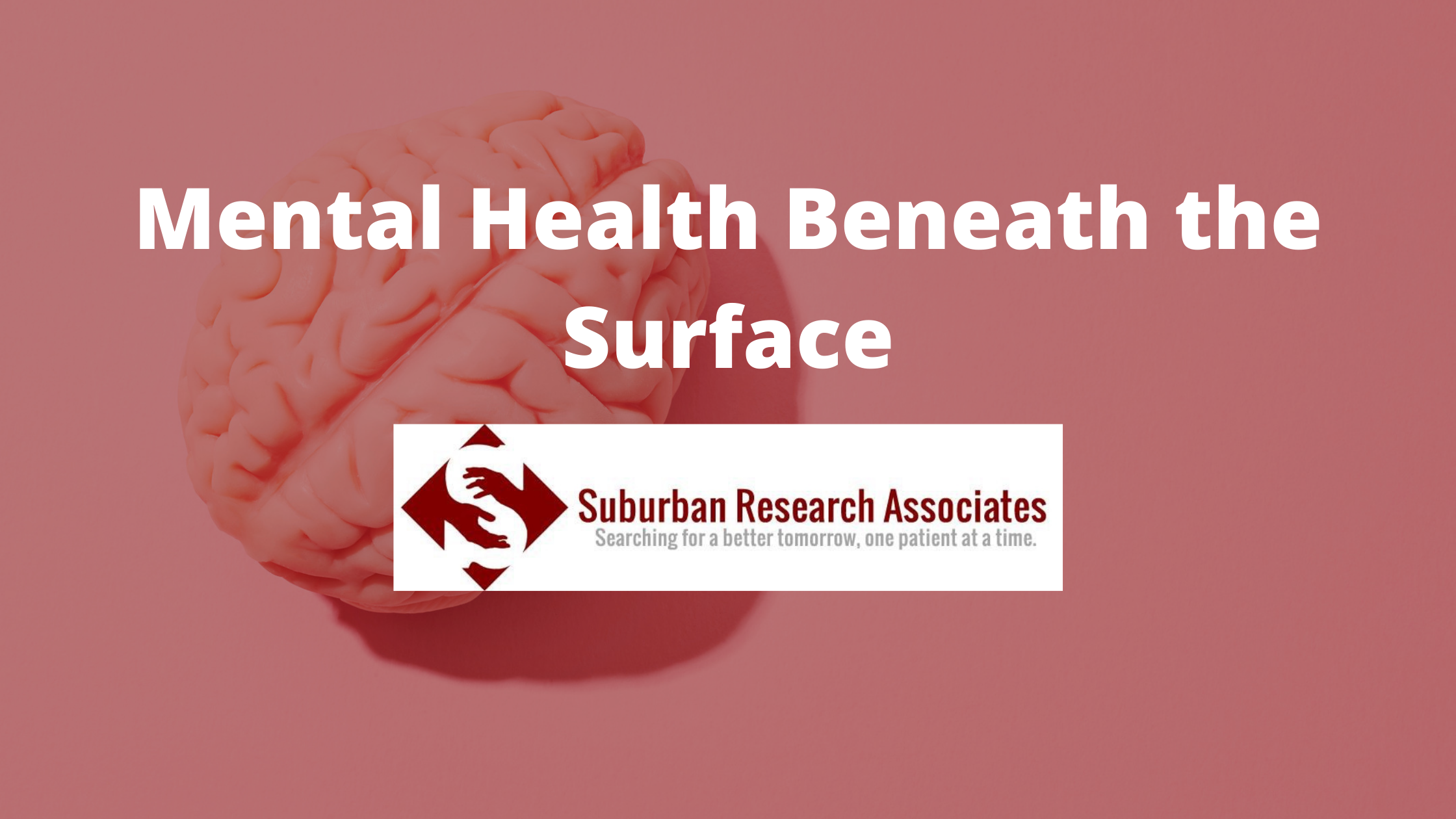You’ve heard us talk about mental health, mental health awareness, and the stigma surrounding it; however, there is still so much to uncover on this subject. In light of Mental Health Awareness Month being right around the corner, we wanted to talk all about it!
Firstly, let’s start by distinguishing mental health and mental illness. These are two terms that can be easily confused for some people so it’s important to make the distinction. Everyone has mental health, but not everyone has a mental illness. Mental health is something that we all need to manage, just like our physical health. Mental illness remains much more complicated than that.
To break it down even more, mental health can be anything that pertains to your emotional, mental, and psychological wellbeing. Your overall mood, stress, anxiety levels, trauma, among many others, can impact your overall mental health. Everyone’s minds are wired differently; therefore, everyone’s mental health will look different. What is taking a significant toll on the mental health of one person, may leave another person completely unaffected. Additionally, mental health can change at any given time depending on the circumstances, physical changes, etc. The good news is that mental health can often be manageable and maintained similar to ways we maintain our physical health. This is why we always encourage self-care and provide tips you can use to better manage your mental health.
When dealing with mental illness, this is when someone’s mind cannot function properly to maintain optimal mental health and makes it difficult for one to manage it. Mental illness can come from a variety of sources and the sources are different for everyone. Some mental illnesses come from genetic or biological predispositions, trauma that alters the brain, and unforeseeable life events, even physical health conditions can alter one’s mental health. It is important to acknowledge that mental illness is no different than a physical illness. This is something we must recognize and emphasize to combat the stigma surrounding mental illness. If someone has a mental illness, it does not mean there is something wrong with them. One cannot control whether they develop a mental illness and mental illnesses can present themselves even when a person does everything they can to manage their mental health. It often stems from a chemical or physiological imbalance that is out of one’s own control.
If you are struggling to manage your mental health or a mental illness, check out our blog post here for tips you can use to help practice self-care daily. Do not be afraid to talk about it and seek help when needed. Don’t forget to listen to what your mind and body needs. It’s okay to take a break and take time for yourself; in fact, it is essential for good mental health.
If you know someone who might be struggling, here are some tips you can use to help support them:
· Take time to listen. More often than not, people struggling just want and need to feel heard. It’s not about having the right words or the best advice, but just being there to offer a supportive listening ear.
· Help them find resources. It can be hard to seek help for mental health on your own. People may need someone to help them find the resources they need or encourage them to seek them out.
· Don’t judge. Remember that everyone has a story. You never know what someone is going through, so be sure to avoid judgement when someone is talking to you about their struggles.
· Refrain from negative advice. Sometimes it can be tempting to say things like “just get over it” or “it’ll get better”, “be positive”, “let it go”. Many times people may be well-intentioned in these comments, but more often than not, it can actually be quite hurtful. When it comes to mental health, it’s not always that easy.
· Check in daily. Sometimes a simple “how are you?” or “are you okay?” are what people need to hear the most when they are struggling. They may not always come to you first and may be waiting for someone to reach out, so just sending that quick text or making that quick call can be really helpful.
Be sure to share this article to help us spread awareness about mental health, not just during mental health month, but all year round because mental health matters!
Finally, if you’re searching for alternative options for mental health treatment for conditions such as PTSD, major depressive disorder, OCD, schizophrenia, etc., we’re here for you and may be able to help! Don’t hesitate to reach out at 610-891-7200. Your mental health is our priority.


